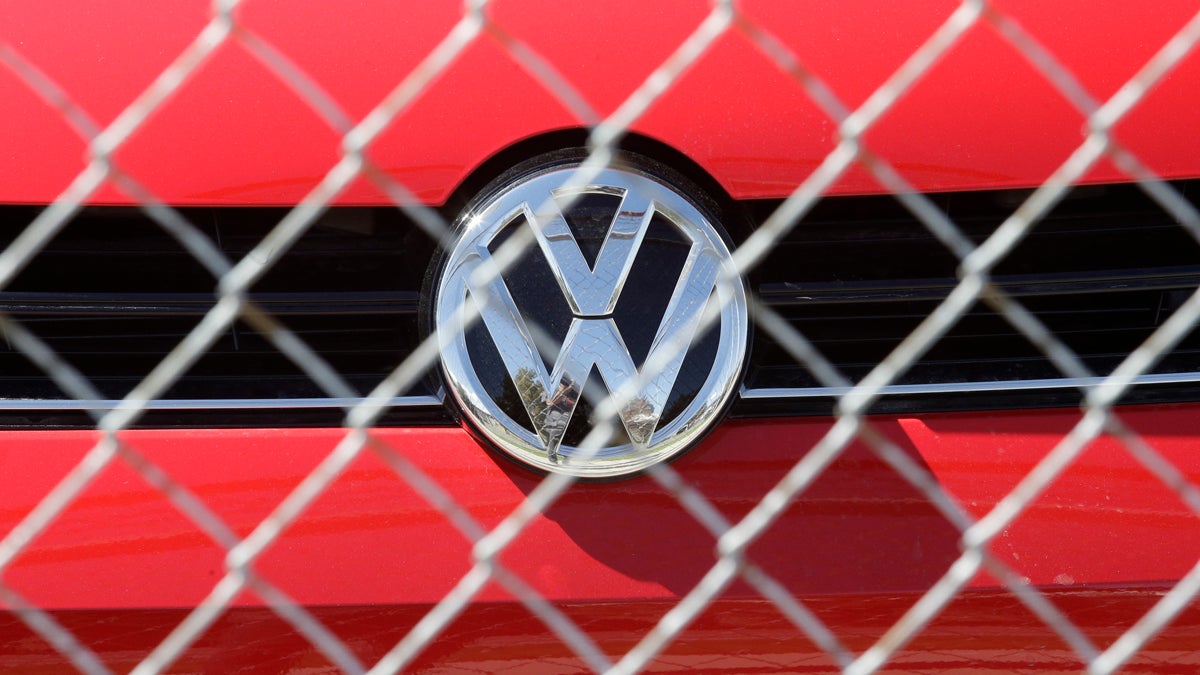In the wake of ‘VW Gate,’ can diesel survive?
Listen
(AP Photo/Rick Bowmer)
An expert on “clean” fuels and the environment weighs in on the future of diesel.
Over the course of the past week, Volkswagen imploded. The world’s biggest car company, with a reputation for light-hearted advertising and eco-friendly marketing, spent these past seven days in damage-control mode after news broke that the Environmental Protection Agency had ordered the company to recall 482,000 diesel cars in the U.S., claiming VW had installed software designed to defeat smog regulations tests.
On Monday, Michael Horn, the head of VW USA, admitted the company had done wrong.
“So let’s be clear about this: our company was dishonest with the EPA and the California Air Resources Board, and with all of you. And, in my German words, we’ve totally screwed up.”
Turned out this wasn’t just a VW USA problem. Some 11 million Volkswagen diesel models built and sold between 2009 and 2015 are suspected of also having this issue.
Of course, VW’s stock tanked. Approximately 30 percent of its value (that’s tens of billions of dollars) evaporated in just a few trading sessions. On Wednesday, VW CEO Martin Winterkorn resigned. And while the company plots a way out of the mess they created, the cult of VW is furious and lawyering up. Multiple class actions lawsuits have already been filed in federal courts.
Some are calling it “VW Gate”; others “Dieselgate.”
But Rob Harley, the head of UC Berkeley’s civil and environmental engineering department, and an expert on diesel fuel, says that’s not fair. He thinks diesel has a bright future and that it can be a “clean” fuel source. So we asked Rob to help us ponder the fate of diesel. Click play above to hear our interview.
WHYY is your source for fact-based, in-depth journalism and information. As a nonprofit organization, we rely on financial support from readers like you. Please give today.



